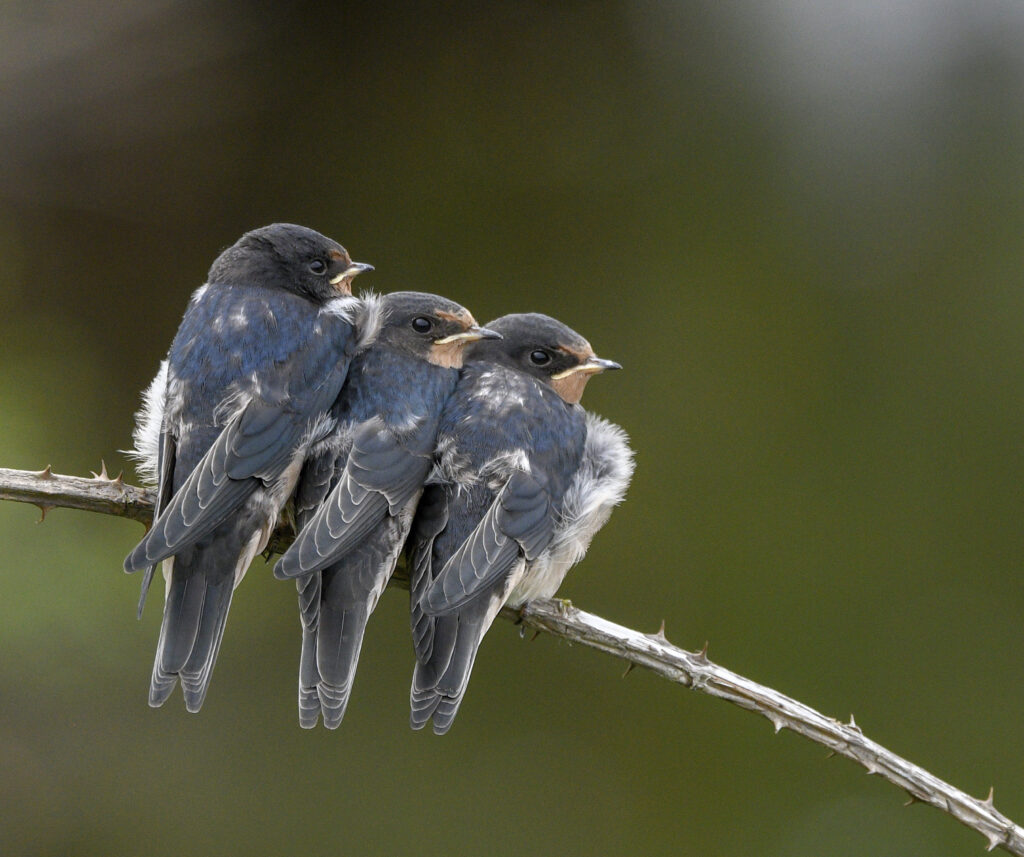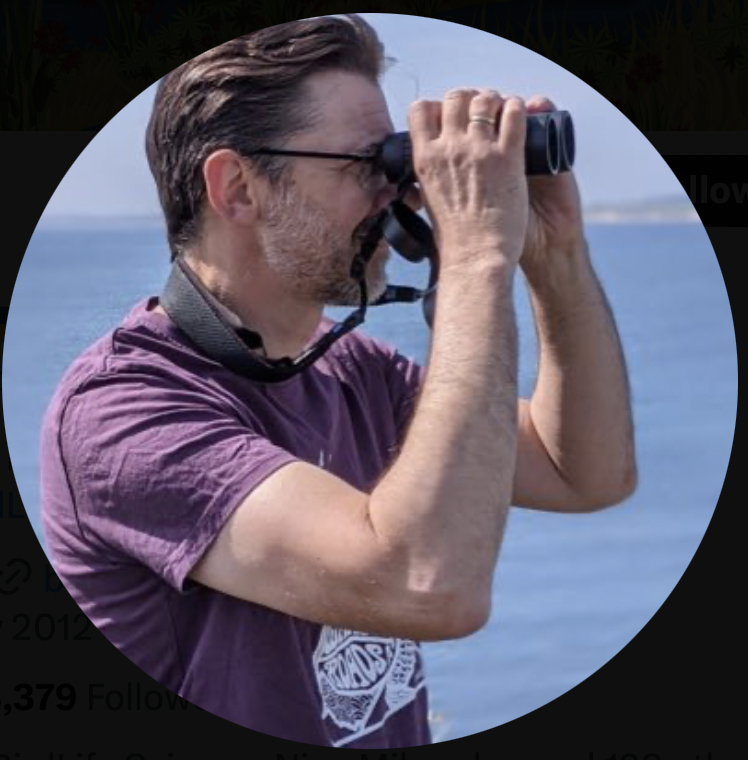The Tragedy of Horizons

Ending the Tragedy of Horizons; an opinion from Martin Harper, Interim CEO, BirdLife International

“…we face a tragedy of horizons where short-term interests – especially political (driven by electability/obsession with power) and business (driven by increasing shareholder dividend/greed) – continue to trump longer term concerns such as investment in environmental protection.”
Temperature records have again been smashed in the northern hemisphere this year as El Niño has compounded the increases brought about by greenhouse gas emissions. Heatwaves in China, North America, Mexico and the Mediterranean are having devastating consequences and it is abundantly clear that unless the world rapidly ends its addiction to fossil fuels, these events will become even more common, and the world will experience heatwaves that are even hotter and longer-lasting. As UN Secretary General, António Guterres said this week “the era of global boiling has arrived”.
Yet, at a time when the effects of climate change are intensifying, the political response remains inadequate and there is still no global agreement to phase out fossil fuels.
The same is true for the biodiversity crisis. Our 2022 State of the World’s Birds report reminded us that North America is estimated to have lost 2.9 billion birds since 1970, and the EU has lost about 600 million birds since 1980 in an area five times smaller; overall, 49% of bird species worldwide have declining populations, while just 6% are increasing; and that 1 in 8 bird species are at risk of extinction. Yet, there has been a deafening silence about how to implement the Kunming-Montreal Global Biodiversity Framework agreed at the end of 2022.
Political inaction is deeply frustrating but political opposition to environmental progress is much more alarming. Yet, this is what BirdLife encountered when campaigning for the European Parliament to pass a pioneering law to establish legally binding targets to drive nature restoration. The opposition was deceitful, persistent but ultimately unsuccessful thanks to the creative and brilliant efforts of the BirdLife family working in partnership with the European Environment Bureau WWF, scientists, progressive businesses and others. While the law that passed was watered down, it survives and will eventually proceed to the European Council.
Without question, this was a big win for BirdLife.
That said, it serves as a reminder that we face a tragedy of horizons where short-term interests – especially political (driven by electability/obsession with power) and business (driven by increasing shareholder dividend/greed) – continue to trump longer term concerns such as investment in environmental protection. The fear is that environmental concerns will only become a salient issue when financial or political stability are threatened but by then it could be too late.
This does not stop us from fighting for system change which both the IPCC and IPBES have called for in terms of transforming our energy, food and industrial sectors. It is abundantly clear to any rational person that a pursuit of endless economic growth through exploiting finite natural resources is madness. This is why changing the system and reducing the pressures on nature is core to BirdLife’s strategy.
We know that we need courageous political and business leadership to lead this change. But, the change we seek needs to be done with the support of rather than to the public. That requires honest communication about the risks, trade-offs and benefits and backed up by measures that prevent people from being negatively affected by the change.
It’s why we are working with Iberdrola to support the much-needed renewable energy transition but find ways to do so in harmony with nature.
It’s why we are working with ranchers in South America to sustainably manage more than 1 million hectares of the South Cone grasslands.
It’s why we continue to work with fisheries around the world to end the bycatch of seabirds.
It’s why we have been working for so long with mining companies such as Heidelberg Materials, Rio Tinto and Sibelco, to ensure that their activities avoid needless environmental harm and help drive nature restoration at their sites.
And it’s why we have joined forces with development banks to secure novel investment in protecting and restoring sites for migratory birds, people and the climate in both the East Asian Australasian and Americas flyways.
The BirdLife family won’t stop doing what we can to directly protect and restore threatened species and sites, and we want to show – through our partnerships – that it is possible to think and act in the long-term interests of both people and nature. And that means ending the tragedy of horizons and changing the system for the good of our planet.